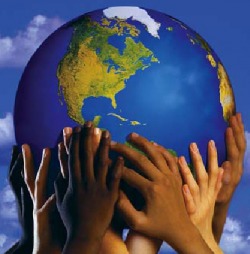
Communication across cultures is important because as technology advancement induces the market and workforce become internationalized, it is necessary to understand and learn the skill of intercultural communication. By defining the significant characteristics of one’s culture, it will provide us with the concept and insight that enable people to compare and contrast to that of their own culture. Moreover, respecting other people’s traditional habits will bring about comfortable feeling towards them and vice versa. For the communication process, proper manner must be learned, such as patience and humble attitude. Achieving intercultural proficiency is an important step for the written messages, while being familiar with local formats and the use of short sentences and short paragraphs can improve the quality of communication. At the same time, striving for clarity, using correct grammar, and citing numbers precisely are also significant in the written communication. In addition, communicating orally with intercultural people requires eye contact, posture, and gesture so that minimize the miscommunication. Lastly, a diverse workforce benefits consumers, work teams, and business organizations. As a result, this enhances communication skills among diverse workforce audiences and creates stronger relationship, which increases productivity. In this case, seven steps have to be taken, which are: Training, understanding the value of the differences, no expectation of conformity, learning about your cultural self, making fewer assumptions, building on similarities and adapting a communication style.
